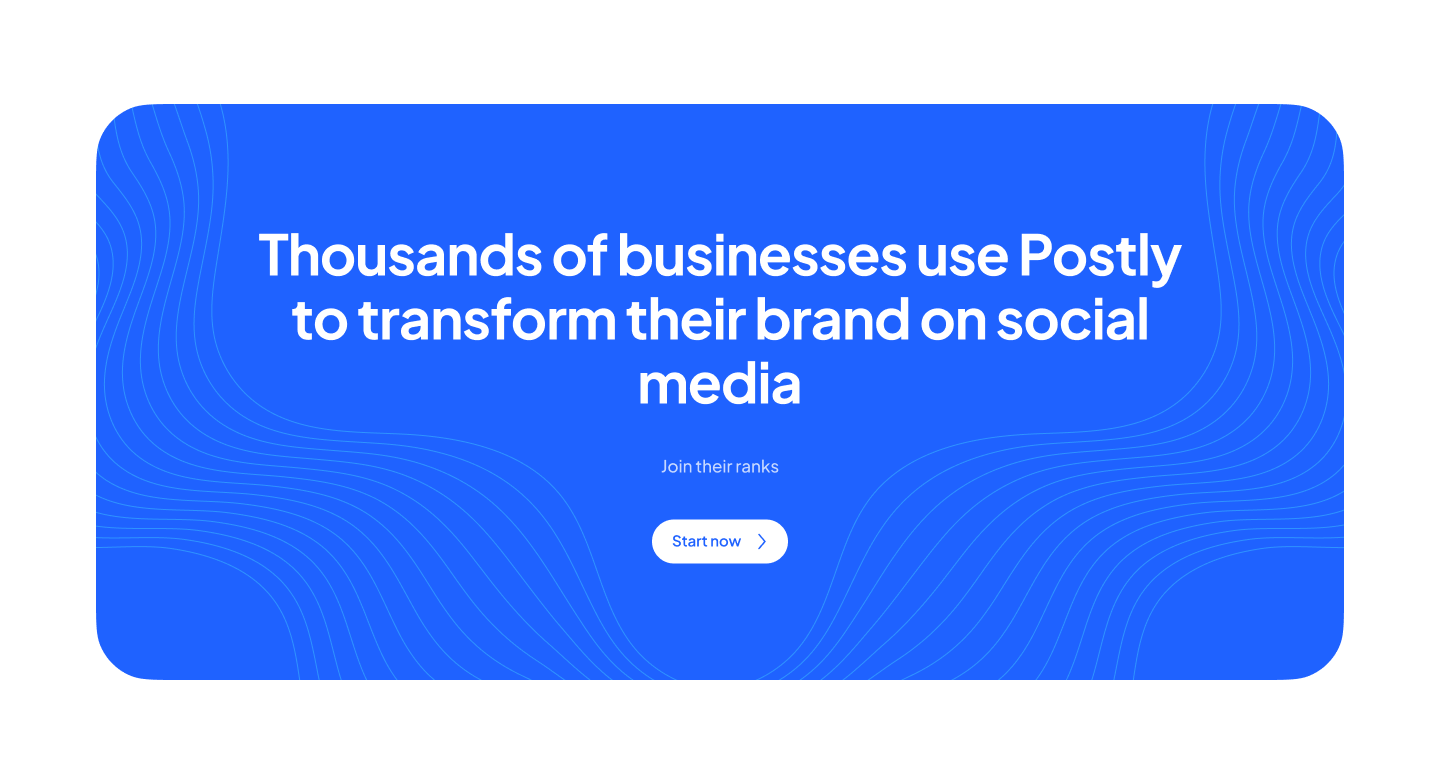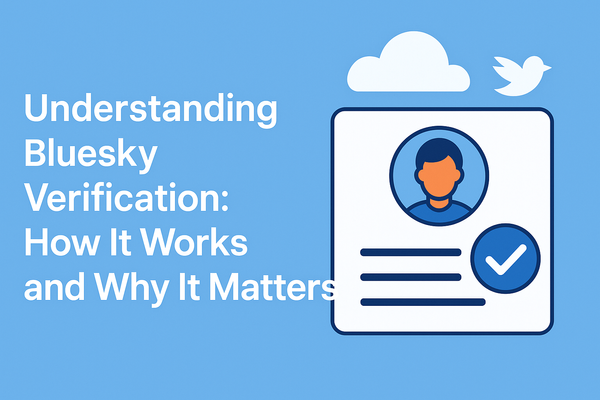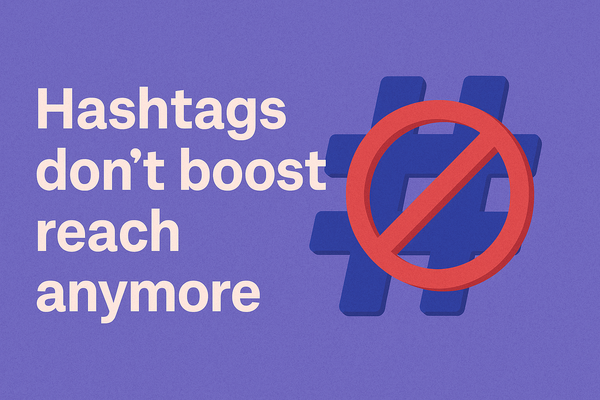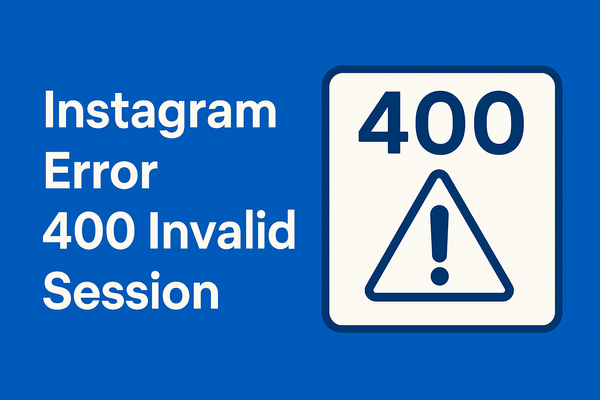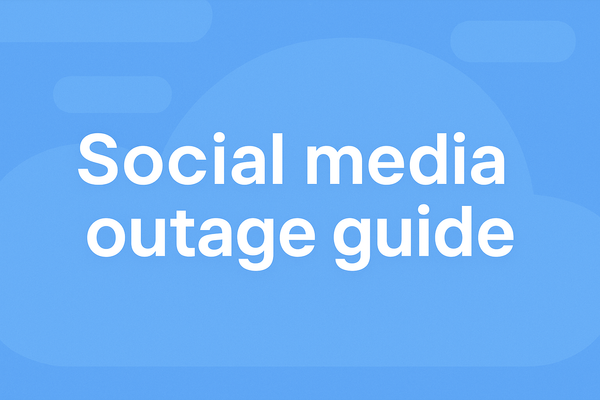4 Tips On How to manage social media for small businesses?

If you are running your own business or have a small marketing team, you understand what it's like to wear many hats. Given the plethora of deliverables that must be sent out to keep your small business going, social media marketing may appear to be a non-essential approach that is simple to neglect when things become stressful.
For small companies that are focused on the community and individual consumers, social media is a powerful tool for engaging directly with an audience to increase brand recognition and brand loyalty among their target demographic. Even better, social media is a highly successful medium for generating leads as well as other types of traffic.
What is the necessity for a social media plan for your small business?
Social media is now considered a critical component of any inbound marketing plan. The act of creating valuable content and ranking highly for it on the search engine results page (SERP) is one thing; the act of disseminating that information to the audiences and bringing those audiences back to your site is quite another. Each of the major social media platforms that are now popular has a distinct method in which it is utilized by customers. Businesses have begun to use each platform somewhat differently to engage with their customers and clients.
1. Facebook marketing for small businesses: What you need to know;
In social media platforms, Facebook is the most likely choice for your target client. Bonus: Facebook makes it simple to create target audiences for paid ad placements based on the individuals who interact with your organic postings, which is useful for small businesses.
What should I share on Facebook?
Facebook is a platform that encourages people to converse with one another. If a customer likes your Facebook page, however, they are probably wanting to get updates: they want to know about future deals and promotions, learn about new items, or receive information about planned launches or events.
Making connections with your followers and posting the sort of material is critical to your success as a social media influencer. Try publishing a variety of various sorts of content to observe which ones resonate best with your audience to generate the most impressions, interactions, and shares, and which ones don't.
When to post on Facebook?
For companies, there is no limit to the number of times they may post on Facebook, but dominating your followers' news feeds is a social media marketing error you'll want to avoid. As a result, if you post too frequently, you run the danger of drifting people apart. If you post too seldom, you run the danger of decreasing your engagement metrics. Take into consideration how much material you have to share and then upload following that amount. For most organizations, a daily update pace of around one update is appropriate.
2. Using LinkedIn for small business marketing;
LinkedIn is a social networking site that allows users to connect with other business professionals and network online. If a LinkedIn user is following your firm on LinkedIn, they are probably interested in the information and insights you can provide them as well as business-related updates.
LinkedIn is also a fantastic venue for sharing video content. Engaging videos, whether they are about a product or an idea, may help you increase your engagement rates significantly.
How often should you post on LinkedIn?
Attempt to post on LinkedIn once a week. Companies who publish on LinkedIn every week find a 2x increase in engagement on their posts.
LinkedIn is also an excellent venue for your staff to become brand ambassadors for your company. Use them and their network to help spread your material—this is an excellent approach to get your content on the platform more frequently without over sharing.
3. Twitter for Small Business Marketing;
Most business profiles tweet a variety of information, including product promotions, online competitions and sales, amusing comments connected to their sector, data insights, and new product launches. Twitter Marketing for Small Business:
How often should you tweet?
Posting many times per day will provide you with the most possibility for your tweets to be noticed by your followers and will offer them more opportunities to connect with you daily.
Keep in mind that you should continue to give value to your followers and their audiences, but you should also remember that Twitter is a little more whimsical than more business-focused networks such as LinkedIn.
4. Instagram for Small Business Marketing.
Because Instagram is associated with Facebook, paid advertising from your business Instagram account is synced immediately within Facebook, eliminating the need to set up a separate account on a different website.
What to post on an Instagram business account?
The sort of material you publish on Instagram is determined by the format you choose: posts or Stories. Here are some suggestions for Instagram post ideas for small companies.
Instagram posts should comprise photographs, images, or short videos of content that mostly expresses your brand's personality. This comprises your brand's beliefs and personality, your company's history, the knowledge you can provide them, as well as certain promotional products.
Instagram Stories are a more informal and conversational approach to putting material out there for your audience to see and interact with.
Stories are also an excellent opportunity to provide some behind-the-scenes material to your audience, allowing them to become more familiar with your company. These are especially beneficial for eCommerce businesses since you can tag goods straight from their product feed on Facebook, allowing viewers to shop your Instagram Stories immediately from their Facebook page.
How often should you post on Instagram?
When it comes to posting on Instagram, consistency and quality are essential. If you start off posting twice a week and then abruptly stop, you may lose followers or engagement on your social media accounts. Some businesses publish many times per day; the frequency with which they do so is likely determined by how visually oriented your sector is. Find out what works best for your company and stay with it.
Schedule Your Social Media Posts
You're running a company, every second matters! Posting frequently shows to potential clients that you take your business seriously and that they should as well.
By scheduling postings in advance, you may make technology your most trusted ally. This helps you maintain consistency while also saving your time. If everything is scheduled, you won't be distracted from your job by reading through your social media stream instead of posting and returning to your desk. Automation of social media postings using solutions such as Postly may make your life much simpler while also producing more efficient results in terms of social media interaction on networks such as Twitter and Instagram, which demand many posts in a day.
Having a day or a few hours per week set out to sit down and arrange your social media posts should be part of your small business' monthly or weekly social media marketing plan. After that, you may feel assured that you didn't neglect to publish anything at all!
